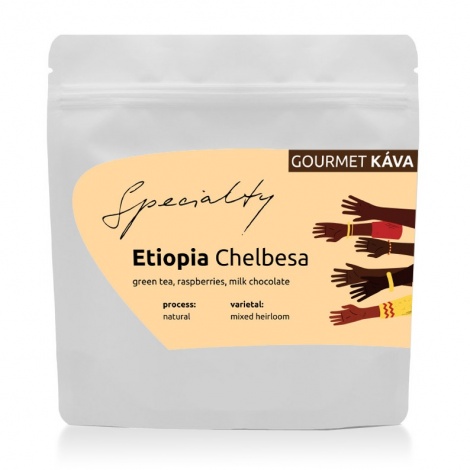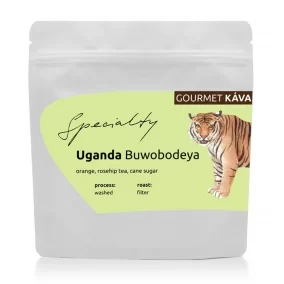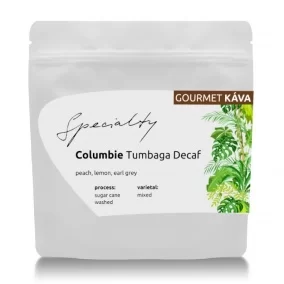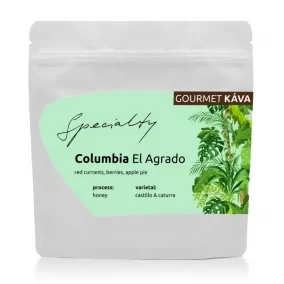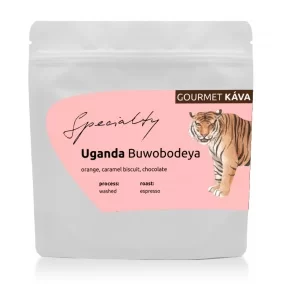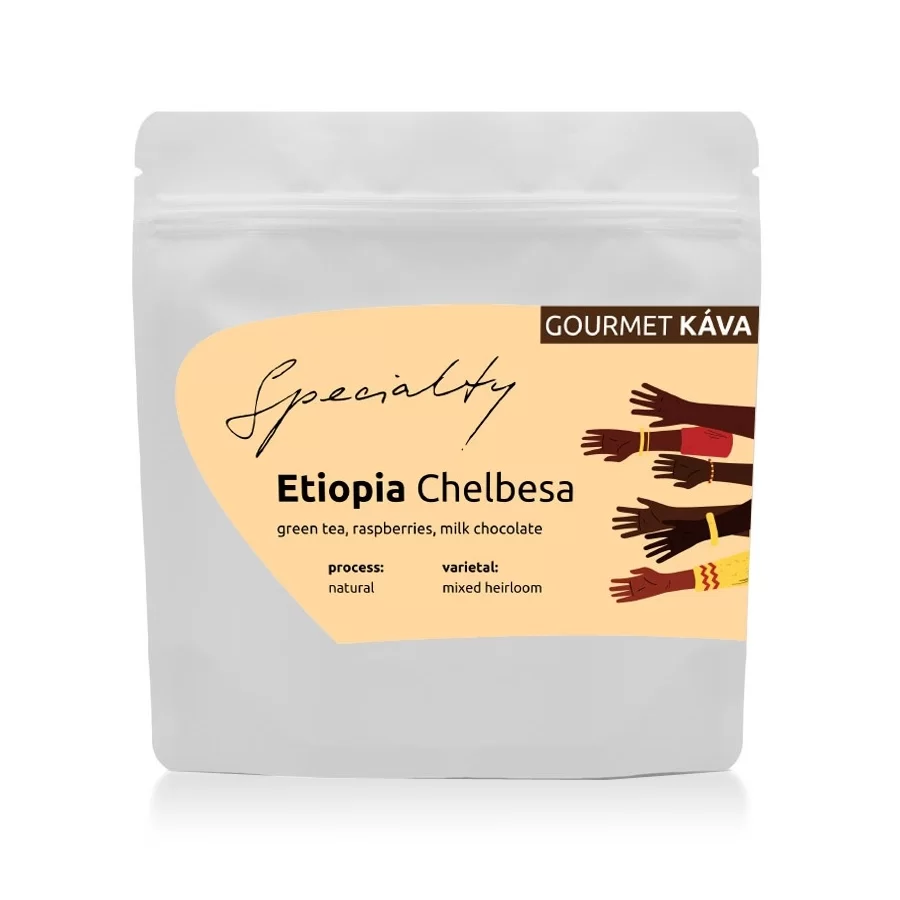Flavour profile: green tea, raspberries, milk chocolate
Altitude: 1950-2200
Processing method: natural
Location: Chelbesa, Yirgacheffe
Variety: Mixed Heirloom Varietals
Owner: SNAP
Packing: 250g
Cupping Score: 88
Importer: Falcon Coffees
Roaster: Beansmith
What is GourmetCoffee Specialty?
It's a true specialty coffee, carefully selected and roasted for us by a select roaster, Beansmith. There are many definitions, one of the more specific ones from the SCA (Select Coffee Association) states that they are coffees that score at least 80 out of 100 in a professional evaluation and have no accurately mentioned defects in taste. You'll also find 100% transparency (farms, importer, roaster and retailer) with our select coffees.
What's different about our selection coffees?
Don't expect a distinct bitterness in the coffee, as they are roasted lighter than regular coffees. As a rule, you will find more fruity flavours in them. All of our coffees are primarily intended for home brewing like filter coffee, but that doesn't mean they can't be interesting in a mocha pot.
Information from the farmer
Chelbesa is located in the Gedeo zone in the Gedeb district and is one of the best coffee producing areas in the famous Gedeb Woreda. Chelbesa is known for its dense layered structure of semi-forest vegetation including both false banana trees and shade-grown coffee trees and is a great example of the best agroecology of coffee farming.
In 2019, SNAP Specialty Coffee built its new wet mill in the small village of Danche within the village of Chelbesa with the hope of reaching out to purchase only red cherries from nearby farmers in the village of Chelbesa. Their ambition became a reality once the project was completed.
The fermentation tanks of the wet grinder were built using ceramic, which will help bring purity to the coffee being processed and also help speed up fermentation due to the heat that the ceramic retains.
This lot was assembled from the produce of 495 small farmers who supply their cherries to the mill, in the area the most common soil type is redbrown, a particularly fertile type, rich in iron and high in acidity. This particular batch was treated as a traditional natural from the cherry deliveries that make up the second part of the harvest.
The cherries are received and sorted using a series of floatation tanks that separate all floating (unripe cherries) and immature cherries, during the floatation process the cherries are cleaned with fresh water and then placed on elevated African drying beds for a period of 28 to 35 days.






















































































